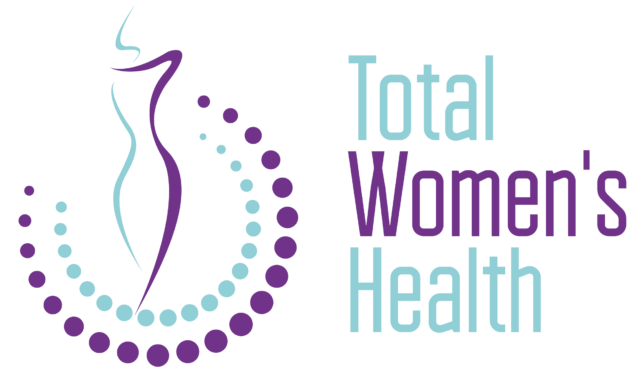Individuals choose contraception for many reasons. All contraceptives provide control over the timing of pregnancy and avoidance of unintended pregnancy. Condoms provide protection from sexually transmitted diseases (STD). Hormonal contraceptives provide noncontraceptive health benefits. There are factors to consider when electing the type of contraception:
- Efficacy
- Convenience
- Duration of action
- Reversibility and time to return to fertility
- Effect on uterine bleeding
- Type and frequency of side effects and adverse events
- Cost
- Accessibility
- Protection against STD
- Noncontraceptive benefits
No method of contraception is perfect. Each individual must balance the advantages of each method against the disadvantages and decide which method is preferred. One should elect the most effective method likely to be used successfully. Some examples of contraceptive choices in order of effectiveness are as follows: intrauterine device (IUD), etonogestrel implant, injectable DMPA (progestin), contraceptive pill, patch or ring, male condom and diaphragm.
Both hormonal and nonhormonal contraceptives have noncontraceptive benefits that should be considered. The potential benefits of cyclic estrogen-progestin contraceptives are a reduction in painful cycles/cramps, reduction of pelvic pain related to endometriosis, reduction in amount of menstrual bleeding and therefore improvement in iron deficiency anemia related to blood loss, reduction in risk of ectopic pregnancy, reduction in symptoms related to PMS and PMDD, reduction in risk of benign breast disease, reduction in development of new ovarian cysts, reduction in ovarian cancer, reduction in endometrial cancer, reduction in moderate acne, reduction in hirsutism (male pattern hair growth) and regulation of menstrual cycles.
Although women of older reproductive age have a lower fecundity rate (fertility) and may have less frequent sexual intercourse than younger women, they still need to avoid unintended pregnancy. No contraceptive method in contraindicated based on age alone. Some women may no longer be good candidates for combined hormonal contraception as they age because of acquired medical comorbidities. For these women, IUDs, implants and sterilization are preferred because of their high effectiveness and lack of association with cardiovascular events.
All couples using barrier contraceptives (condom, diaphragm, cervical cap), as well as women using hormonal contraceptives, should also consider emergency contraception. Indication for use include broken condom, failure to use or incorrect use of hormonal contraception. Emergency contraception is available as over-the-counter.


